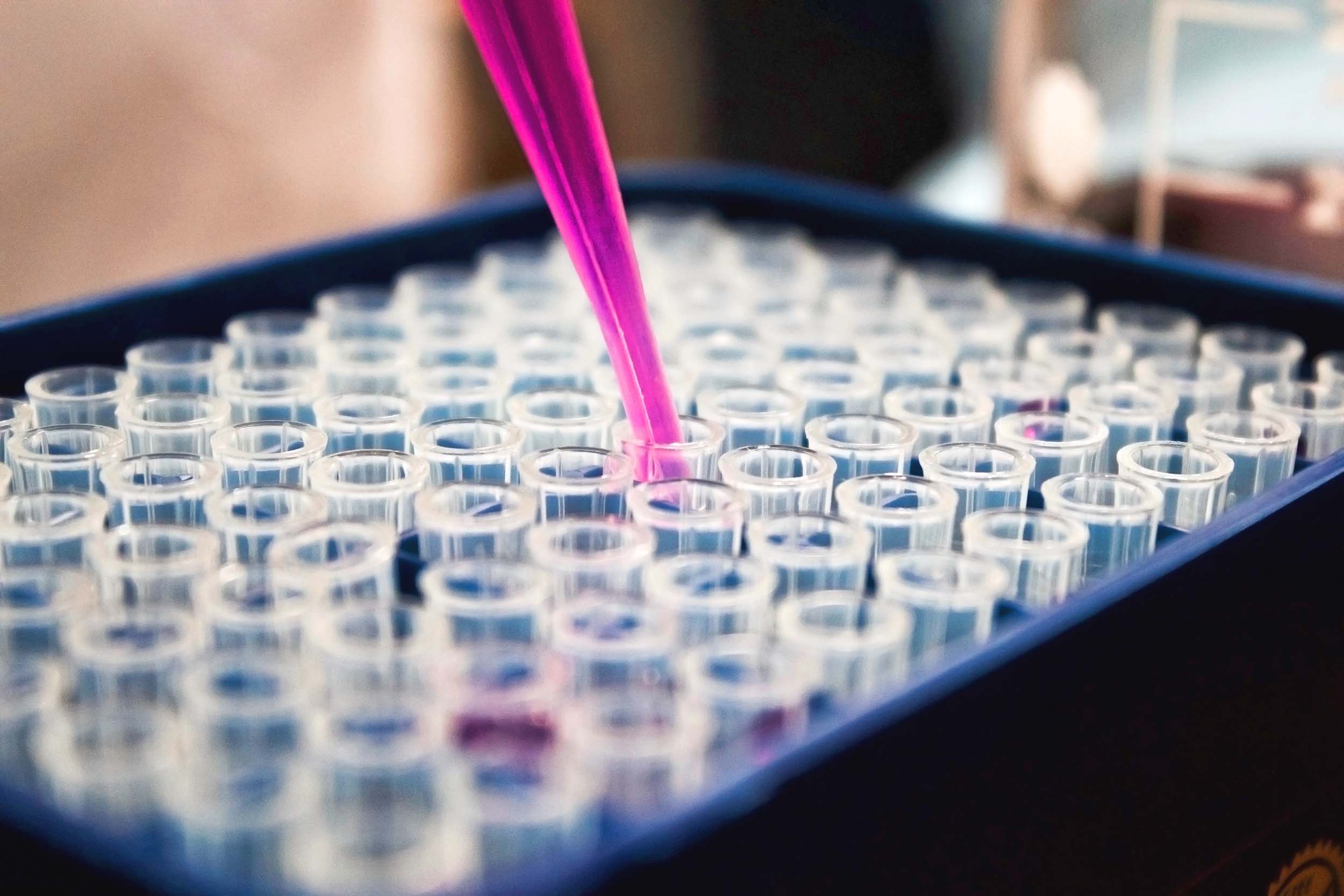Oxytocin research
The aim of ongoing research in newborns and infants with Prader Willi syndrome is to test the effect of oxytocin on the sucking/swallowing problems and behavioural and social interaction disorders that these babies suffer from birth.
It is recognised and proven that early intervention can be particularly effective in children because the affective, emotional, relational and psychobiological systems are more receptive to these early interventions due to the significant plasticity that exists during this early period of development (‘Report on the first 1000 days’, French Ministry of Solidarity and Health, 2020).
Our hypothesis is that early treatment of newborns with Prader-Willi syndrome could potentially have a long-term impact and thus modify the developmental trajectory of children, in addition to its immediate action on the problems observed during the neonatal period.
Professor Maithé Tauber, a world-renowned expert and the coordinator of the Rare Diseases Reference Centre for Prader-Willi Syndrome and other rare forms of obesity with eating disorders (CRMR PRADORT) at Toulouse University Hospital, is behind this innovative therapeutic approach.
There is at the moment no marketing authorisation for oxytocin in Prader-Willi syndrome.
Oxytocin
Oxytocin is produced naturally by the hypothalamus in the brain and acts as both a hormone and a neuromodulator.
Oxytocin is a neuropeptide involved in social behaviours such as attachment and stress, as well as in feeding. Through its action on the central nervous system, Oxytocin could also act on the development of the sucking reflex in newborns.
Very soon after birth, the oxytocinergic system is developed and matures. This process is only possible during an extremely short biological window.

An ambitious and promising strategy to find a treatment that can be administered from the first weeks of life
Early intervention can be particularly effective because of cerebral plasticity in children, as their affective, emotional, relational and psychobiological systems are more open to interventions from an early age (Report on the first 1000 days, Ministry of Solidarity and Health, 2020).
In newborns with Prader-Willi syndrome, early diagnosis therefore represents a unique opportunity to alter the child’s developmental trajectory and create a long-term impact.
The results of the phase II study (OTBB2) published by Professor Tauber in 2017 in Pediatrics (Tauber, 2017) demonstrated a normalisation of sucking, swallowing and feeding in 88% of neonates and infants treated with oxytocin, along with a significant improvement in social behaviour and the mother-infant relationship. A follow-up study on these children up to the age of four, compared to a cohort of untreated children, aimed at confirming the long-term safety of the product, also showed a positive long-term impact on certain major aspects of Prader-Willi syndrome (publication currently in preparation).
The project is currently at an advanced stage of clinical development with a pivotal phase III study (OTBB3) finalised in neonates and infants with Prader-Willi syndrome.
Our hypothesis is that oxytocin, by acting from the first weeks of life on essential functions of newborn development, would be the first treatment that modifies the trajectory of the disease course for patients and their families, thus acting as a true disease modifier.
